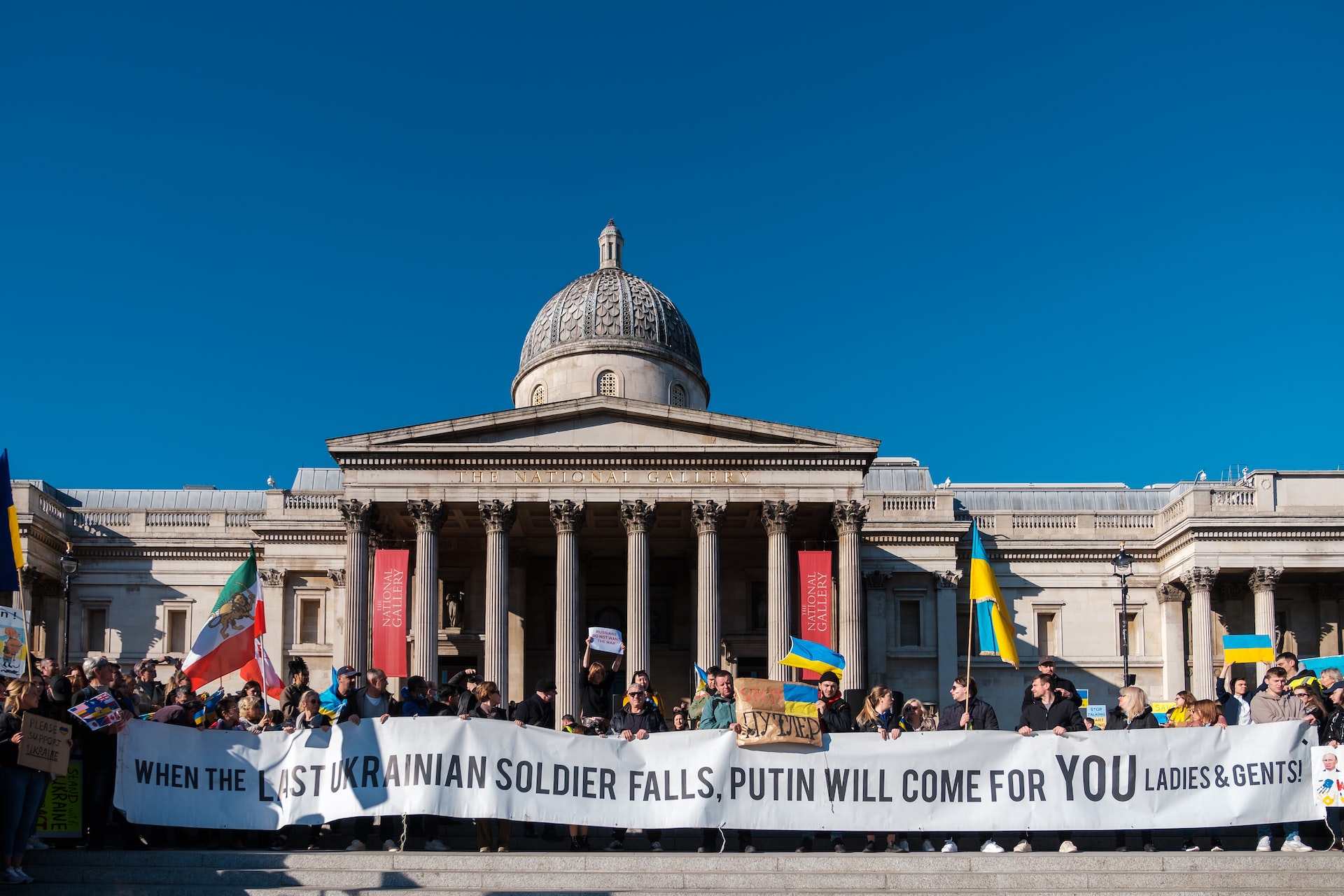Professor Richard Whitman announced as ESRC Senior Fellow to work on thus security and defence study.
Professor Richard Whitman has been announced UK as one of ten UK in a Changing Europe/ESRC Senior Fellows. The work under the Senior Fellowship examines the evolving pattern of European security and defence relationships that the UK has developed over recent years.
A key focus is understanding whether Brexit was a watershed moment for the UK’s role in European security but crucially, following Russia’s war on Ukraine, the European security order has been put into a state of flux. Russia’s war has added to a range of existing uncertainties in Europe’s (and the UK’s) security, heightened by transnational phenomena impacting on Europe such as migration, climate, energy and the COVID-19 pandemic. Further, the UK is also challenged in responding to the major structural transformation of international relations taking place with China’s rise and the emergence of the Indo-Pacific as the major cockpit of change in the 21st Century. This has triggered developments such as Sino-American rivalry and an uncertainty in the future of the U.S. security commitment to Europe and the direction of transatlantic relations which have significant implications for the UK.
The rationale for the Senior Fellowship is that explaining and understanding the current dynamics of UK security policy an d practices is essential in the face of such a context. The UK has a long-standing role in European security which it pursues through a set of relationships which include bilateral cooperation, minilateral cooperation (with small groups of countries) and multilateral cooperation through membership of major regional organisations and predominantly via the North Atlantic Treaty Organisation (NATO).
The work under the Senior Fellowship will examine how the UK has responded to the new context for European security by examining pattern of continuity and change through refashioning its bilateral relationships with European and North American states; its mini-lateral security and defence relationships with smaller groupings of European countries such as the E3 (with France and Germany) and the ten nation Joint Expeditionary Force (JEF); and in combination with longstanding multilateral relationships (most notably NATO), and a prospective future relationship with the European Union.
Read more here.
